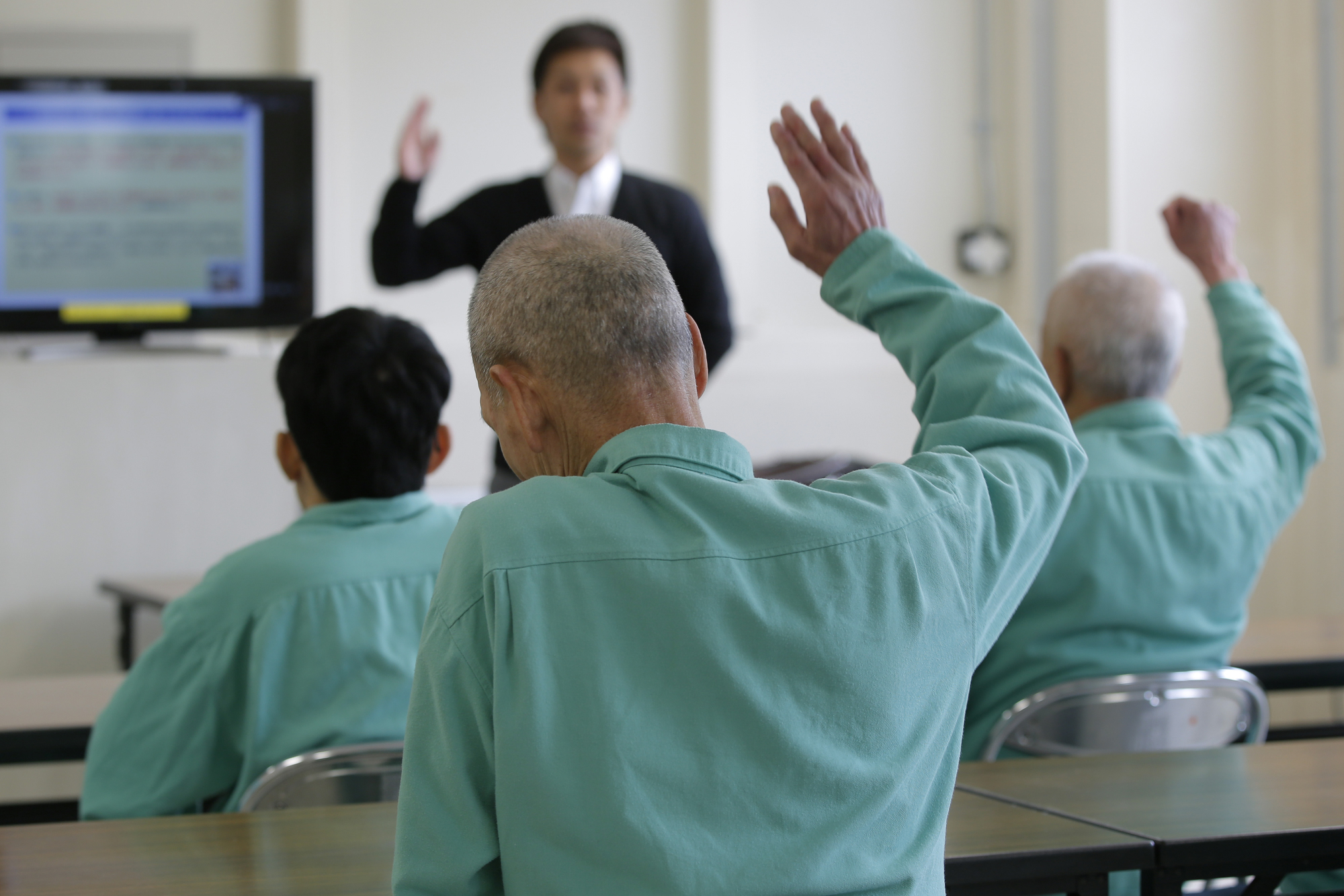When it comes to crime and punishment, Japan is a conundrum for progressives. It has low crime rates and small prison populations, but it is also one of the few developed countries that still enforces capital punishment, and its criminal justice system is often criticized for giving too much power to prosecutors.
These issues will surely be discussed at the next U.N.-sponsored Crime Congress, which will take place in Japan in 2020. The Japan Federation of Bar Associations (JFBA) has said it will make greater efforts toward abolishing the death penalty and instituting life sentences without parole as a possible replacement before the conference takes place, but it is looking at other aspects of the Criminal Code, which hasn't changed since 1907.
The media lately has taken note of the aging population of Japanese prisons. Usually, their interest in criminal justice extends only until a suspect in a particular case has been tried and sentenced, but with more than 20 percent of prison inmates now over 60 years old, they've started paying attention to the prison system itself.


















With your current subscription plan you can comment on stories. However, before writing your first comment, please create a display name in the Profile section of your subscriber account page.